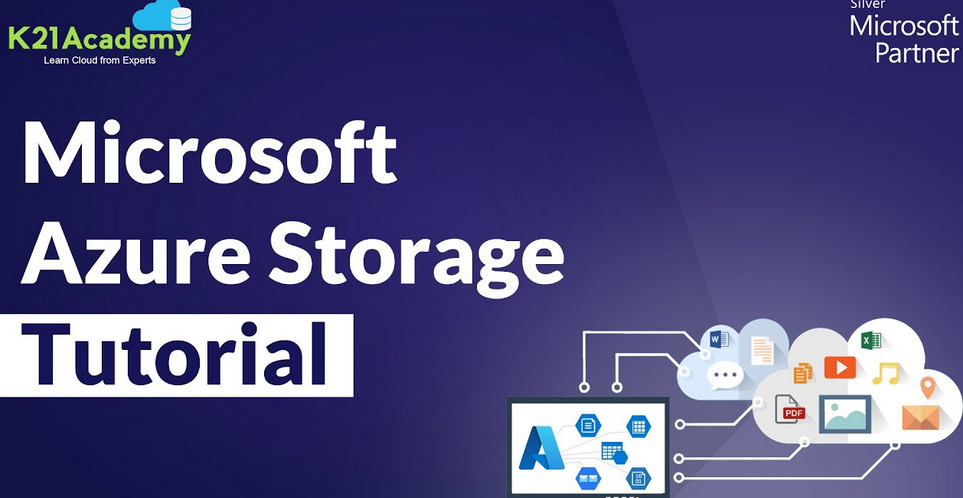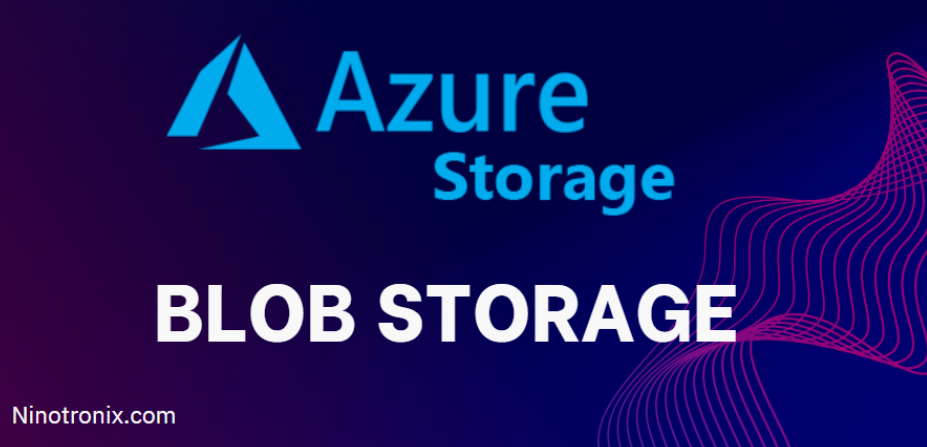10 April, 2022
0 Comments
4 categories
Types of APIs
Several types of APIs can be implemented using API Gateway:
- RESTful APIs: These are the most common and are ideal for Create, Read, Update, and Delete (CRUD) operations and stateless interactions between services.
- HTTP APIs: This is a more cost-effective and optimized option, specifically designed for low-latency communication and serverless workloads.
- WebSocket APIs: These facilitate real-time, bidirectional communication between the server and the client, making them useful for applications such as chat services and real-time notifications.
- Private APIs: These are restricted within a VPC and are not publicly accessible, making them suitable for secure, internal communications between microservices.
API Gateway security
API Gateway offers a suite of security features that are essential for managing, securing, and optimizing APIs in a microservices architecture. These features include the following:
- Traffic management: One of the standout features of API Gateway is its ability to manage traffic effectively. It offers rate limiting and throttling options that help you control the number of requests hitting your backend services. This is particularly useful in a microservices setup where multiple services are publicly exposed. By setting up API keys and usage plans, you can manage the rate at which individual clients can make requests, thereby preventing abuse and ensuring fair usage.
- Authorization and authentication: API Gateway integrates seamlessly with IAM, Cognito, and third-party identity providers (IdPs). This allows you to implement robust authentication and authorization layers for your APIs without the need for custom-built solutions. For example, you can use IAM roles to specify who can create, deploy, and manage your APIs or use Cognito to provide user pools for API access. API Gateway also supports mTLS, adding an extra layer of security by ensuring both client and server are authenticated before data exchange. You can use ACM to provision, manage, and deploy these certificates, making the process seamless and integrated.
- Deployment and versioning: API Gateway offers the flexibility to deploy APIs in multiple environments, such as development, testing, and production. This is managed through stages, making it easier to introduce new features without affecting existing users. Versioning is also supported, allowing you to maintain different versions of an API simultaneously, which is crucial for backward compatibility.
- Caching and performance optimization: The built-in caching capabilities of API Gateway enable you to cache endpoint responses. This reduces the load on your backend services and improves the overall performance of your APIs. You can customize the cache settings, including cache size and time-to-live (TTL) values, to suit the specific needs of your application.
- Data validation and transformation: API Gateway provides various mechanisms for request and response validation. You can validate incoming requests against a predefined schema, ensuring that only well-formed requests are processed. Additionally, you can transform request and response payloads by integrating Lambda functions. This offers an extra layer of flexibility and security, as you can implement custom logic to manipulate the data as it passes through the API Gateway.
By leveraging these features, API Gateway stands out as a versatile tool in securing and optimizing API interactions in a microservices environment.
Category: Cons of microservices, Data in transit encryption, Exams of Microsoft, Microsoft AWS Exams



